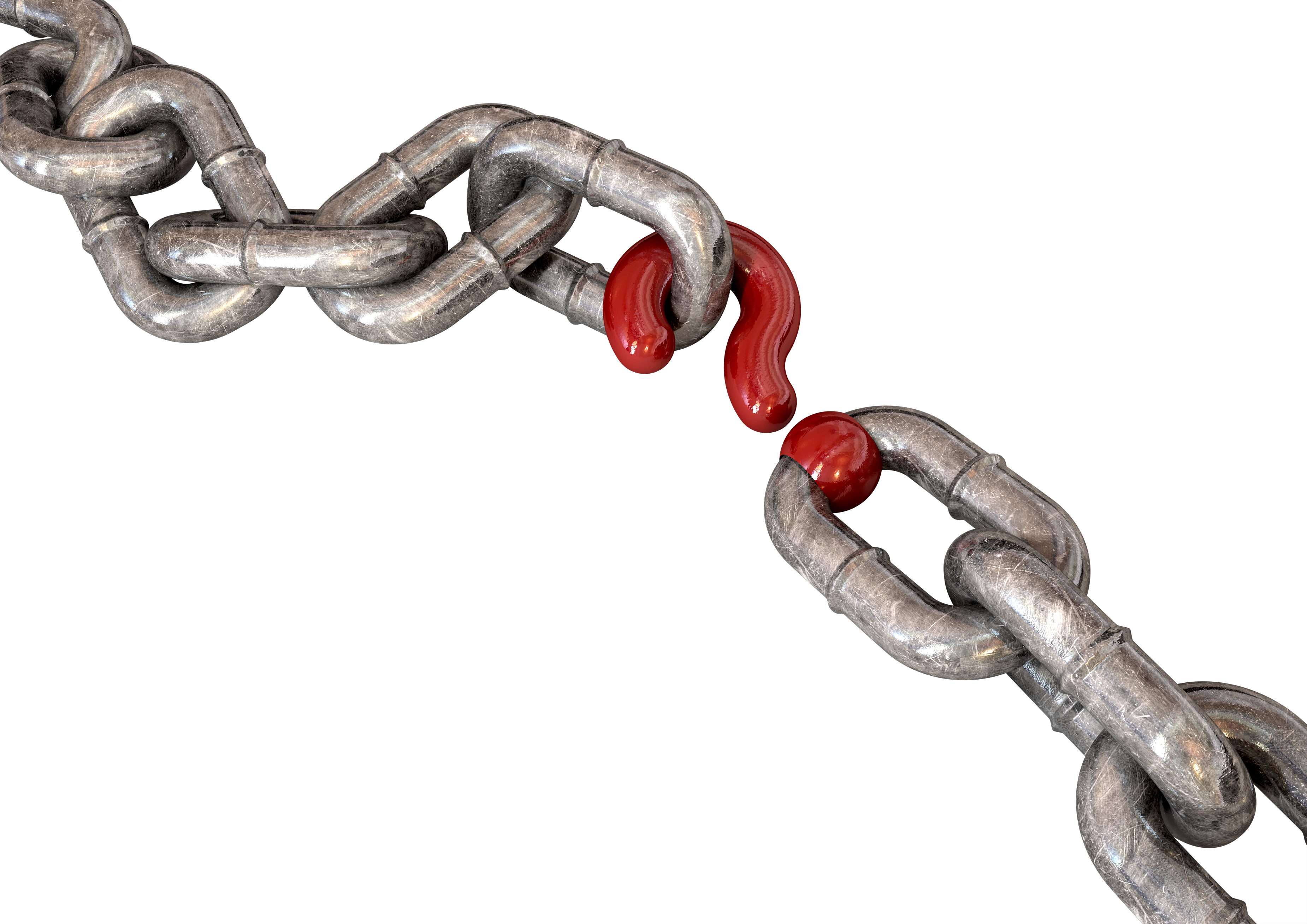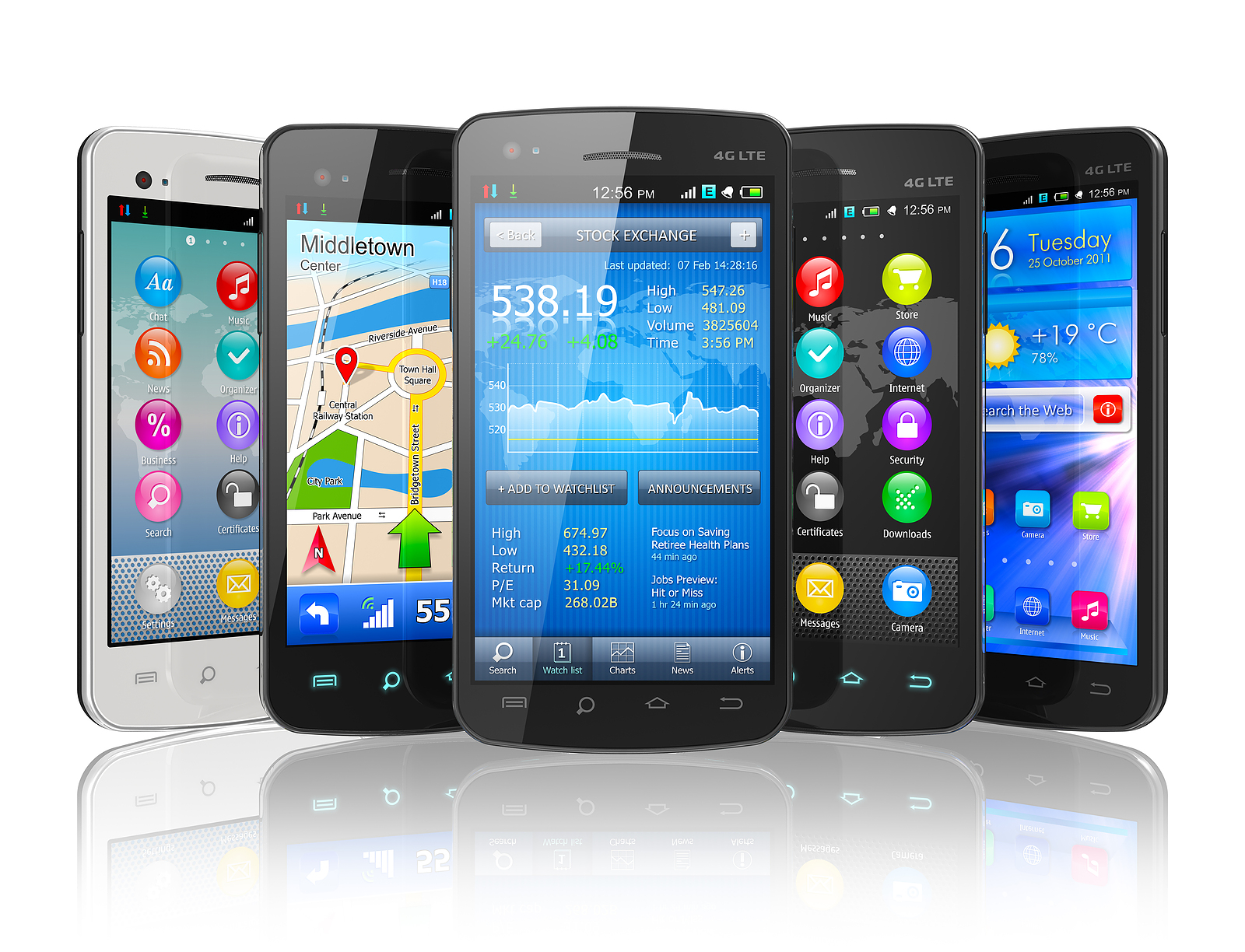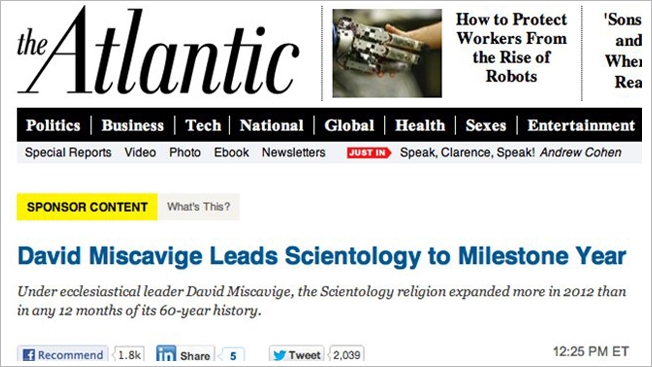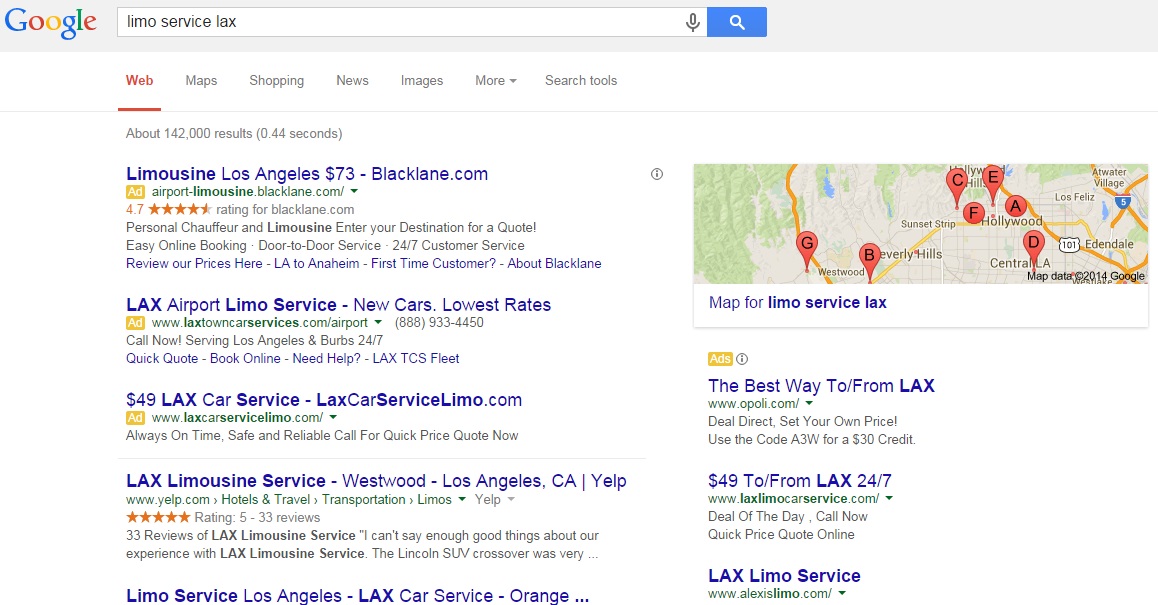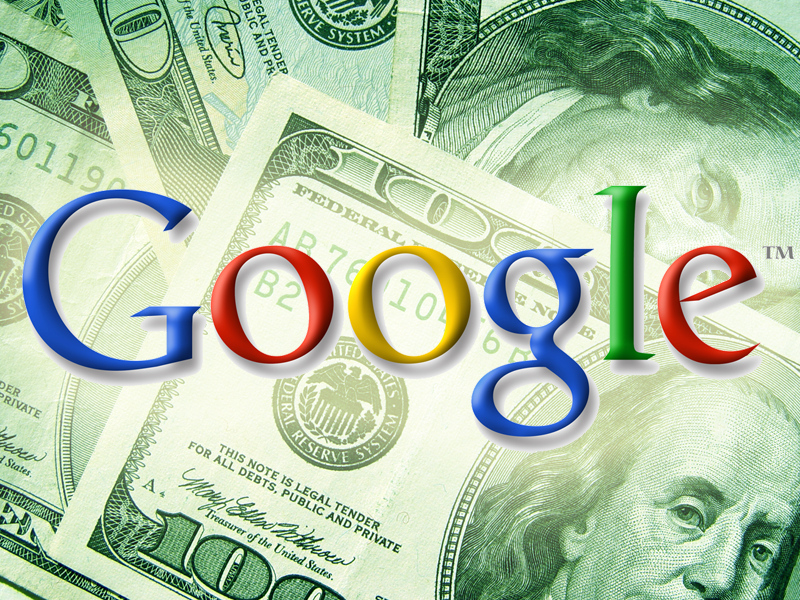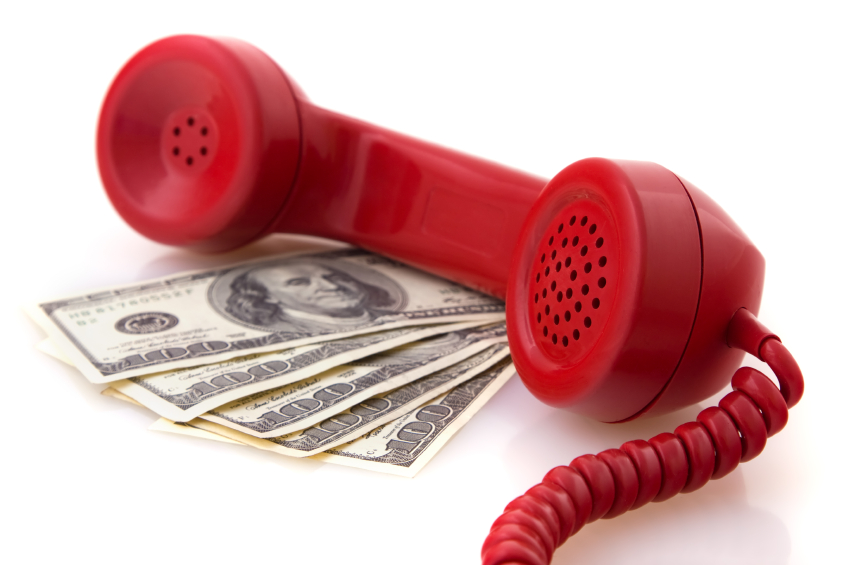I haven’t written anything in awhile. 2nd kid being born in March. Moved my family from California to northern Virginia. But I’m back!
Wanted to opine on an article by Larry Kim. The premise of what he wrote is that it’s all about collecting cookies.
For those not familiar with cookies or remarketing: person goes to a website. The website can then drop a piece of code, known as a cookie, in the device of the user, so that whoever operates the website can stay in touch with user through serving banner ads. In other words, if you’ve ever been on Amazon, looking for a product. And then you leave. And then you start seeing banner ads pop up all over the internet for what you were just looking for, that technique is called remarketing.
Couple things I’d point out about what Larry wrote.
He makes it seem like everybody can do RLSA (remarketing lists for search ads). But you need a really big remarketing list to do it. Like at least a couple thousand cookies.
Why? Because the people on your remarketing list aren’t going to do searches all the time for what your business does.
But it’s easy and common to serve banner ads to people when they’re on various websites.
I’d also point out the idea of getting cookies with social ads is only for businesses in high CPC industries like legal, financial, insurance, etc.
So what’s the most low cost way to acquire cookies?
In my experience, it’s probably banner ads through Google’s display network, paying by CPM (cost per 1,000 views).
Let’s say a banner ad click costs $2. I’ve found that with all the impressions I get for $2, it’s almost always 2 clicks or more. Thus for my $2: CPM > CPC
But there’s another HUGE reason why we do banner ads with CPM and not CPC.
About 60% of internet users are mobile, 40% desktop computer. And there are big problems that remain unsolved for mobile banner ads. Fat fingers (aka when the buttons on the website are too small). And ad publishers that deliberately try to get accidental clicks (trying to collect those Google Adsense checks).
This means a whole bunch of wasted money.
But when you pay by CPM, it’s not a probem cause you’re paying by the view and not the click. So the accidental clicks don’t matter. Only thing that matters is getting those 1,000 views.
And if the banner ad can be a little creative with an offer like: “Book 5 trips and get a ride to LAX Airport for free”, you could get even more clicks for the same CPM price.
On a side note, I’ve found that 10% off and stuff like that isn’t as effective because it’s not tangible and a lot of people are skeptical of the deal cause they think the business will just jack up the regular price.
Another side note, despite the privacy concerns consumers are having over being “tracked”, I think remarketing will survive. When a lot of people hear the word “tracked”, they picture being spied on. When in actuality remarketing is just giving advertisers the ability to serve custom advertisements. Which surveys have shown people prefer custom advertisements tailored to what they like versus generic ads.
In summary, remarketing is a must. And it’s probably the future of internet marketing.
Not sure? Imagine getting your remarketing list up to 1,000 people. Or 10,000 people. Or even 100,000 people. Been on your website before. They had/have an interest in what you do. And they know you because they see your ads all over the internet. And they might think your company is a big deal because you advertise seemingly on every website!
Thus the future of internet marketing might not be so much as, “Hey, let’s get as many calls as we can out of these $5 search engine clicks.”
It might be more like, “Hey, let’s squeeze as many calls as we can out of the 7,560 people we’re serving banner ads to from our remarketing list.”
Read More

